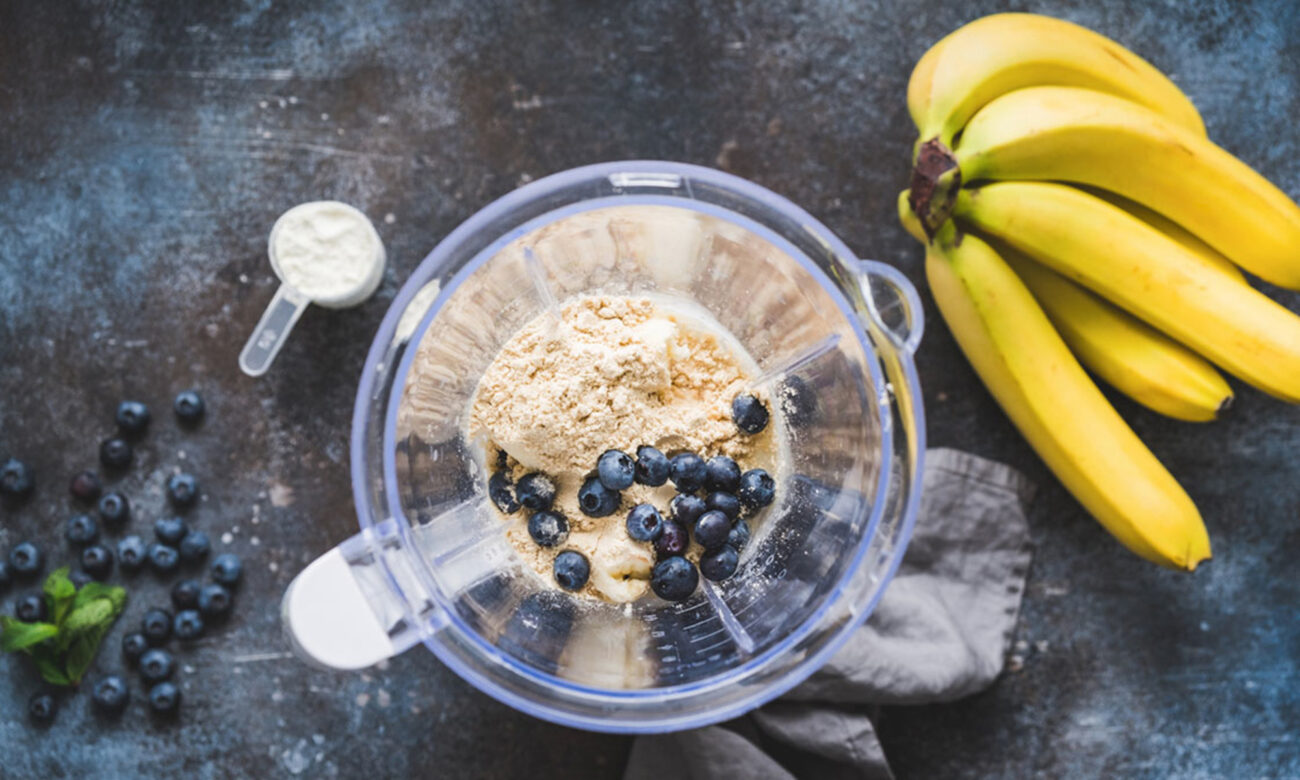Blog
5 Supplements That Don’t Mix Well with Coffee, According to Pharmacists

- Coffee may reduce the absorption of iron, calcium, magnesium and some vitamins.
- Wait at least 1 hour after coffee to take supplements for better nutrient uptake.
- Not everyone needs supplements—talk to your provider before adding them to your routine.
If you’re the kind of person who can’t start their day without a cup (or two) of coffee, you’re not alone. Coffee is a staple morning ritual—whether it’s sipped alongside breakfast, before a workout or first thing after waking up, that morning brew helps us feel energized and ready for the day. But if you also take vitamins or minerals as part of your morning routine, it’s worth knowing how coffee might influence how your body absorbs those nutrients.
Caffeine, polyphenols and coffee’s mild diuretic effect can interfere with how your body uses certain vitamins and minerals. “For instance, iron absorption can be slowed by caffeine and caffeine can impact certain nutrients via its diuretic properties,” says Philip Ngo, Pharm.D.
We spoke with pharmacists to understand how coffee can impact nutrient absorption—and what you can do to get the most from your supplements.
1. Iron
Iron is essential for growth, hormone production and cellular function. And it’s a common nutrient deficiency, so your healthcare provider may have suggested supplementing. “Having coffee with an iron supplement or fortified cereal may make your body absorb less iron,” notes Bo Wang, M.D., Pharm.D. “Over time, a heavy caffeine habit could potentially impact bone and mineral health.” One study found that drinking coffee with iron reduced absorption by 54%. Pairing it with breakfast further lowered absorption.
This interaction isn’t about the caffeine—it’s due to chlorogenic acid, a polyphenol in coffee and tea. “This compound is a strong inhibitor of non-heme iron absorption (the type found in plant foods and supplements),” adds Elise Kim, Pharm.D., BCACP, CDCES, AHSCP-CHC. Researchers believe that the polyphenols may impact the way our gut absorbs iron.
Wang recommends separating iron from coffee by at least one hour and pairing it with vitamin C-rich foods, such as lemons and oranges, to enhance absorption.
2. Vitamin D
Vitamin D is a nutrient that is hard to get through diet alone, since it’s not naturally found in many foods. However, our bodies can also make vitamin D from sunshine. “Research suggests that caffeine may reduce the expression of vitamin D receptors, which can lower vitamin D levels,” says Kim. “However, its clinical impact is still being studied.” A 2021 study linked higher caffeine intake with lower circulating levels of vitamin D, though more research is needed.
To get the most from your supplement, consider spacing it at least an hour away from your coffee, Ngo suggests. And since vitamin D is fat-soluble, taking it with a meal that includes healthy fats can help improve absorption.
3. B Vitamins
This group of water-soluble vitamins—including B1, B2, B7, B9 and B12—supports energy production, nerve function and red blood cell formation. Water-soluble vitamins dissolve in water, and our bodies cannot store a lot of excess at one time.
“As B vitamins are water-soluble, caffeine’s mild diuretic effect can increase how much your body excretes, especially with higher caffeine intake,” says Kim. Studies show that people who drink coffee tend to have lower levels of circulating B vitamins, likely due to urinary losses.
“Avoid taking supplements with coffee or tea,” advises Wang. “Wait an hour if you can. Water-soluble vitamins (C, Bs) are fine with or without food, but may go down easier after a meal.”
4. Magnesium
Magnesium is an important mineral that plays a role in protein synthesis, blood sugar management, blood pressure regulation and sleep quality. While it’s found in foods like beans, nuts and yogurt, many people don’t get enough from diet alone. “Caffeine can increase calcium and magnesium loss through urine,” notes Kim.
If you’re taking magnesium as part of a nighttime routine—a common supplement to help you sleep better—it’s best to avoid caffeine close to bedtime. Not only can caffeine interfere with sleep, but it may also reduce magnesium’s effectiveness in promoting deeper rest.
5. Calcium
Just like magnesium, calcium may be impacted by coffee’s diuretic effects. “Calcium absorption may be reduced by caffeine, but the clinical impact remains unclear,” says Kim. A study showed that participants who consumed caffeine had 77% more calcium excreted by their kidneys compared to a placebo group.
Adding milk to your coffee may help offset calcium loss, and spacing out calcium supplements at least one hour after your coffee—or two hours before—can help support better absorption, suggests Kim.
Our Expert Take
Coffee can influence how your body absorbs certain nutrients, but simple timing tweaks can help. Spacing out your supplements from coffee by an hour can support better absorption. If you occasionally forget and take them together, you’ll still likely absorb some nutrients.
And in spite of what you may see being pushed by wellness influencers, not everyone needs supplements. “Supplements are just that—to supplement,” says Ngo. “For a person in good general health who consumes a balanced diet, it may not be worth investing in supplements unless you are truly deficient.” Chatting with a health care provider and lab testing can help determine what’s best for you.












